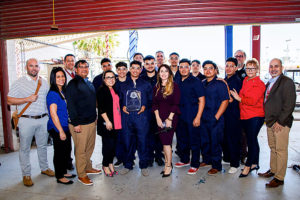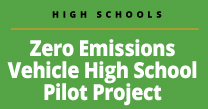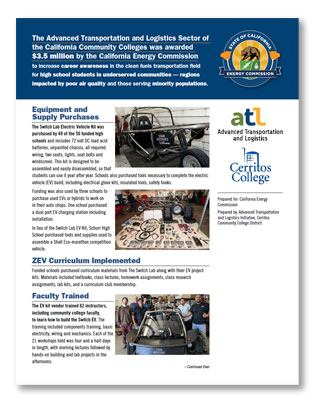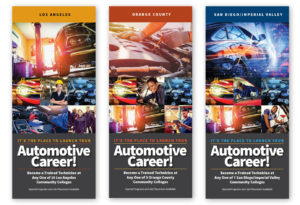
Calexico High School auto students and faculty receive recognition award before campus closures.
 When COVID-19 hit, several high schools that received funding from the California Energy Commission were close to finishing the Switch electric vehicle that they purchased with those funds.
When COVID-19 hit, several high schools that received funding from the California Energy Commission were close to finishing the Switch electric vehicle that they purchased with those funds.
Although students at these schools won’t get to finish the vehicle this year, they are making the best of the remote learning environment.
CEC and ATL representatives visited Calexico High School in February to present them with an award for receiving the Switch vehicle funding. Under the direction of instructor Keith Fisher, students did a presentation about the difference between electric and internal combustion engines and the need to transition to electric vehicles.
Since schools closed, Fisher has been working with Electude, an e-learning platform for automotive students, on remote instruction.
“I have been able to continue with virtual ‘hands-on’ learning through Electude’s fantastic program,” Fisher said. The students have the Build your own Electric Vehicle textbook, and we are still doing readings and discussions.”
Classes in the three funded high schools in the Hesperia Unified School District have moved to distance learning, too. Students log on to virtual classes where automotive instructors use technology such as GoPros to record live lessons.
“The students can see the instructor physically implement the instructions on a vehicle,” said McKenzie Tarango, Coordinator of College and Career Readiness. “The instructors understand the importance of hands-on experience and bringing the curriculum to life.”
At Pittsburg High School, technical issues before COVID-19 shut down Internet access at the school, which gave students more time in the lab before remote learning began. Automotive instructor Mark Childers said students had completed building the Switch vehicle and were preparing for disassembly on their last day at school.
Childers said the school received distance learning support from the Bay Area Community College Consortium, which provided ADAS information from Bosch.
“We will be ready for a distance\hybrid\traditional school year. We are addressing the challenges as they become apparent,” Childers said. “Fortunately, this year was a ramping up year meaning that we’ve only planned on including some elements of EVs. Next year we’ll have a lot more EV experience for our students.”
When Pittsburg’s students return to school, they will begin working hybrids and a fully electric car and starting to take the third class in its alternative fuel vehicle pathway, which focuses on autonomous vehicles and technologies



